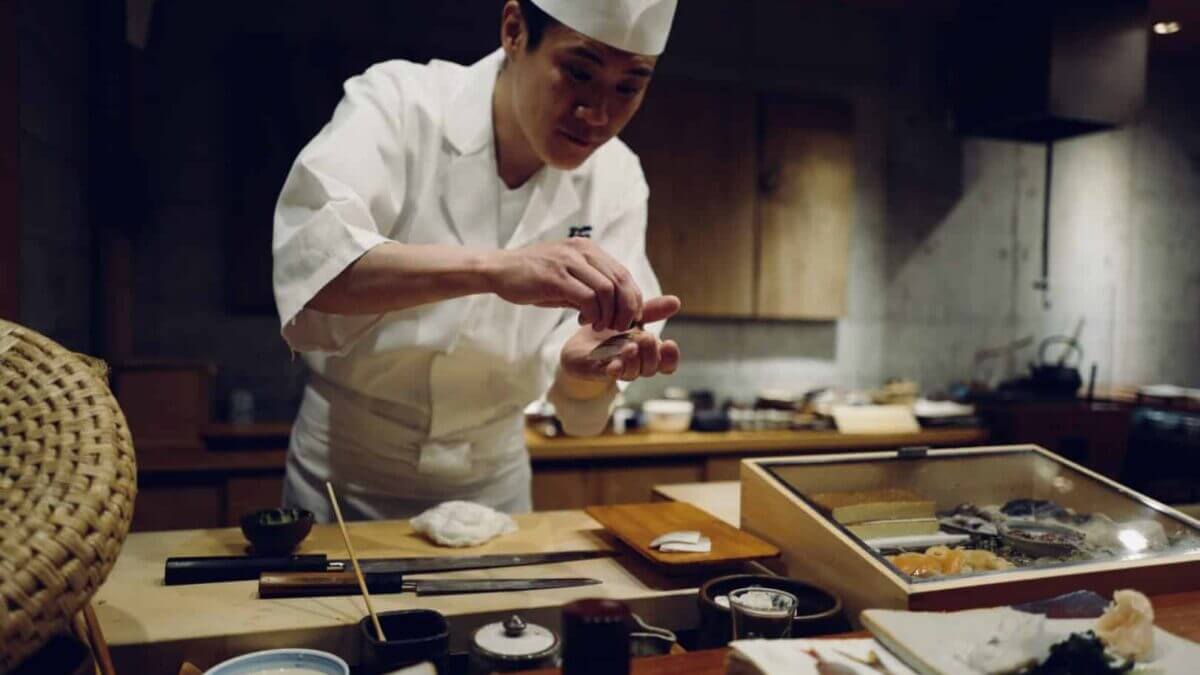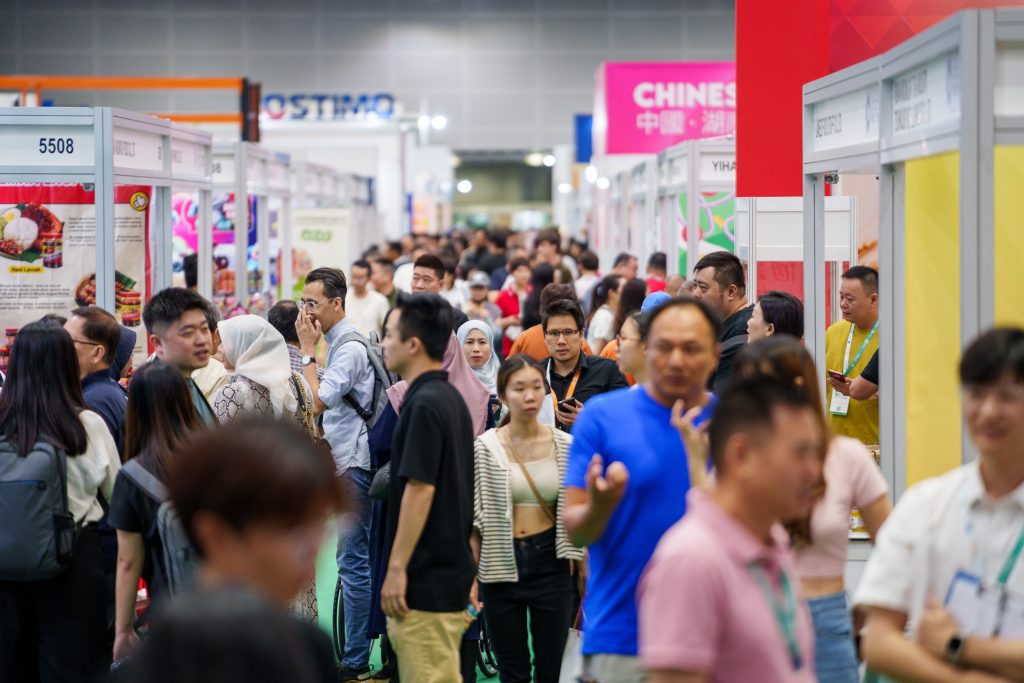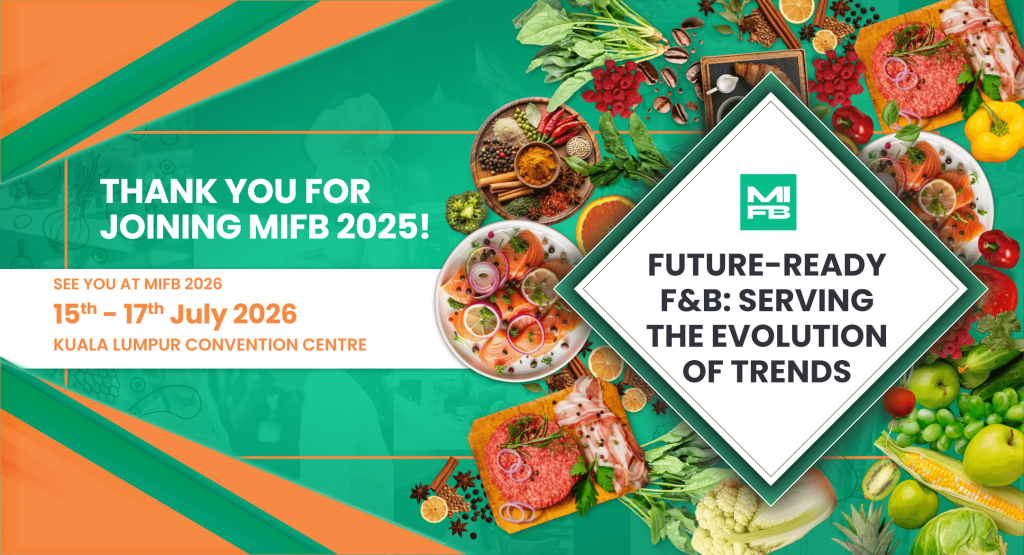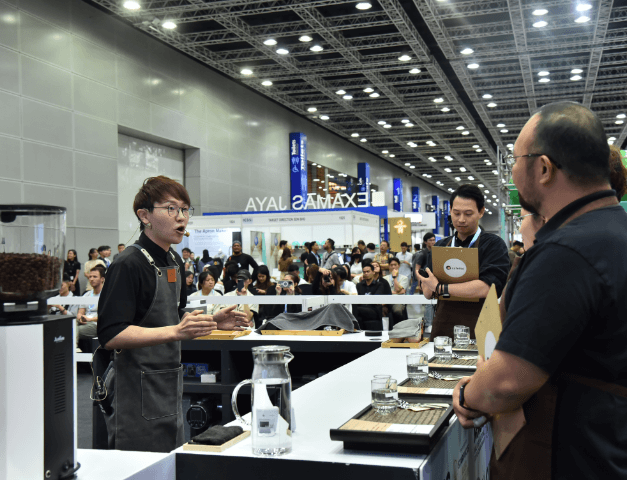There is no indication the COVID-19 threat is going to go away anytime soon and all this uncertainty has been prompting mega events around the world to be cancelled or postponed.
One of the biggest sporting events this year, the Tokyo Olympics 2020 has already been postponed to 23 July 2021 but there is now talk of it being “scrapped” altogether.
In an interview with Nikkan Sports, Tokyo 2020 President Yoshiro Mori said the entire event will be cancelled if the pandemic continues into next year.
“The Olympics were cancelled in the past for problems like war. We are fighting against an invisible enemy now,” he reportedly said in April 2020.
This would be a shame for Japan’s chefs who were training to prepare meals for athletes from around the world that would make their way to the island for the international sporting event.
About 1,000 chefs were being trained for the summer 2020 Games and with 5 million Muslim visitors expected to arrive on their shores, Japan had tag-teamed with Malaysia to introduce Muslim-friendly standards for the local food industry.
Most Muslims would want to try authentic Japanese food and the country did not want to disappoint them.
A member of the halal expert training committee of Japan’s Ministry of Health, Labor and Welfare Keith Wong said demand for halal Japanese food was booming.
The Japanese government had partnered with Malaysia’s Halal Industry Development Corporation to train the chefs.
According to the Arab Times, Wong, who is also the CEO of Acrosx Malaysia, said their Muslim-friendly standards were needed as there were not enough halal restaurants in the country.
The committee was formed to help develop halal versions of Japanese dishes.
“Tempura is popular among Middle Easterners and in South Asia, while ramen and unagi are popular among Muslims from Southeast Asia,” he said, adding that sashimi and sushi are also firm favourites.
Wong pointed out that Muslim-friendly halal standards were actually stricter than general halal standards.
Employing these stricter standards would require restaurants to have a separate halal-only kitchen and different cutlery for their Muslim patrons.
The chefs and restaurant operators also had to learn about the history of Islam, halal food storage and cooking methods.
Even if the Tokyo Olympics do not happen, these new skills will not go to waste as Japan sees Muslim tourists as more valuable than the Chinese.
According to the 2017/2018 Global Islamic Economy Report by Thomson Reuters in collaboration with DinarStandard, Muslim consumers spent US$1.2 trillion globally on food and beverage in 2016.
This figure is expected to reach US$1.9 trillion by 2022.
And Japan wants a piece of this pie by becoming a global and high-quality player in the halal industry.



